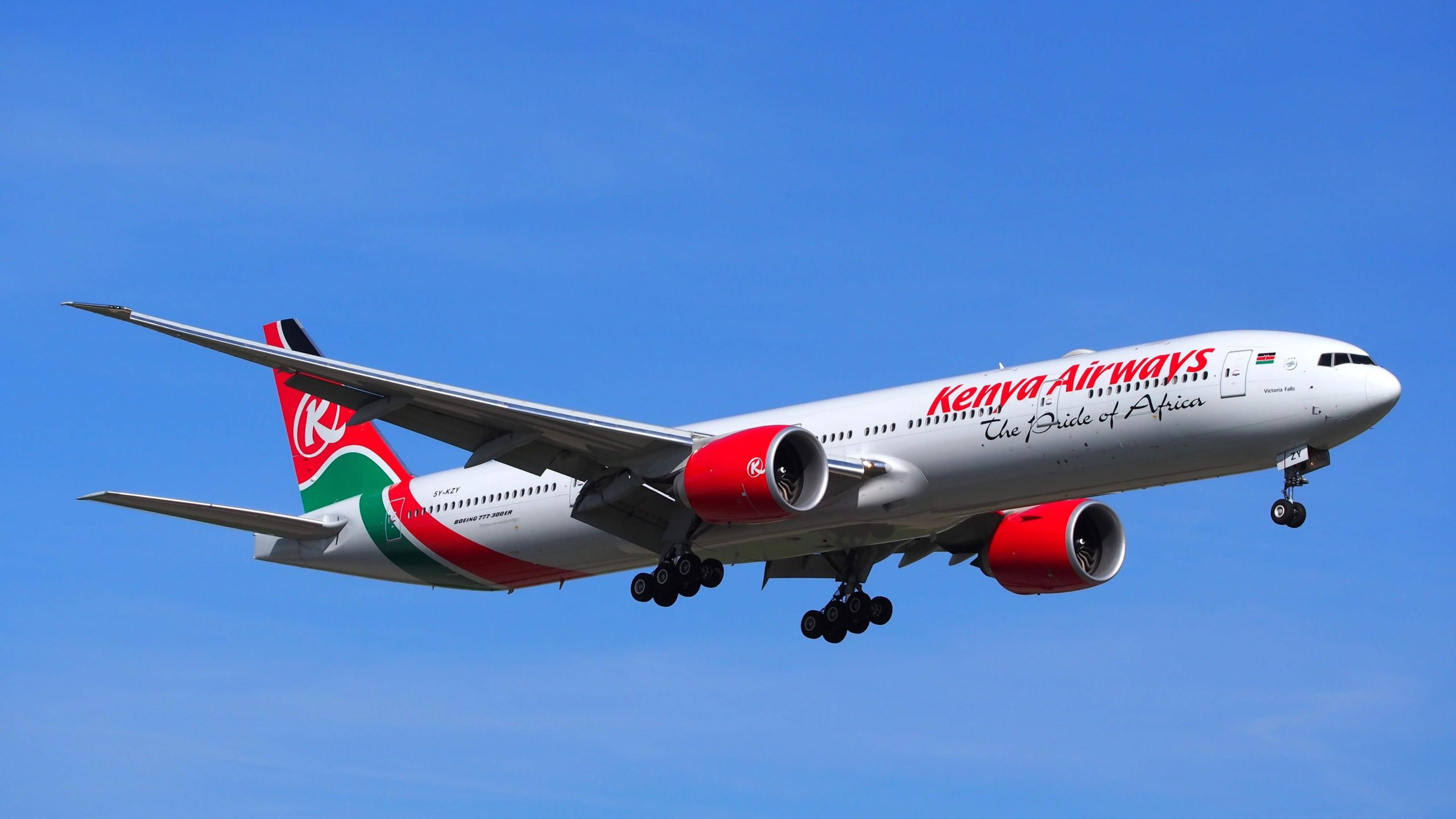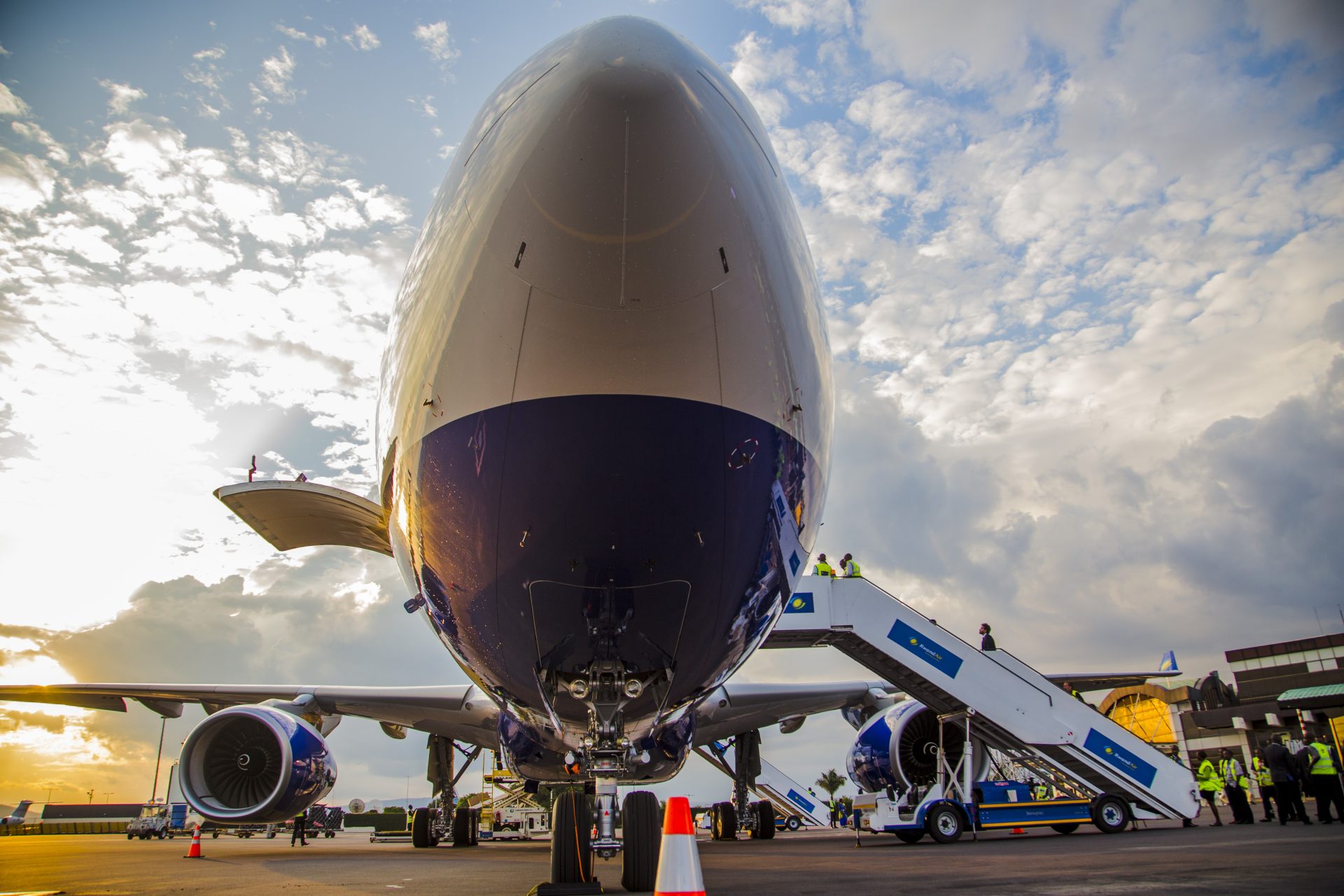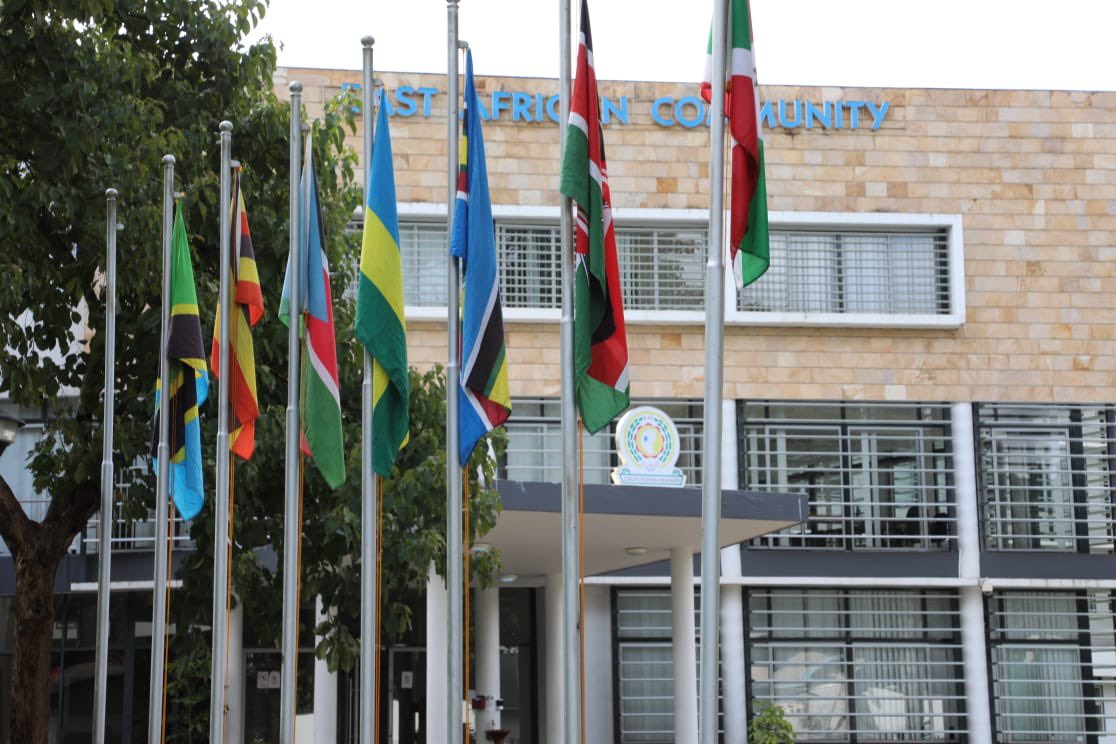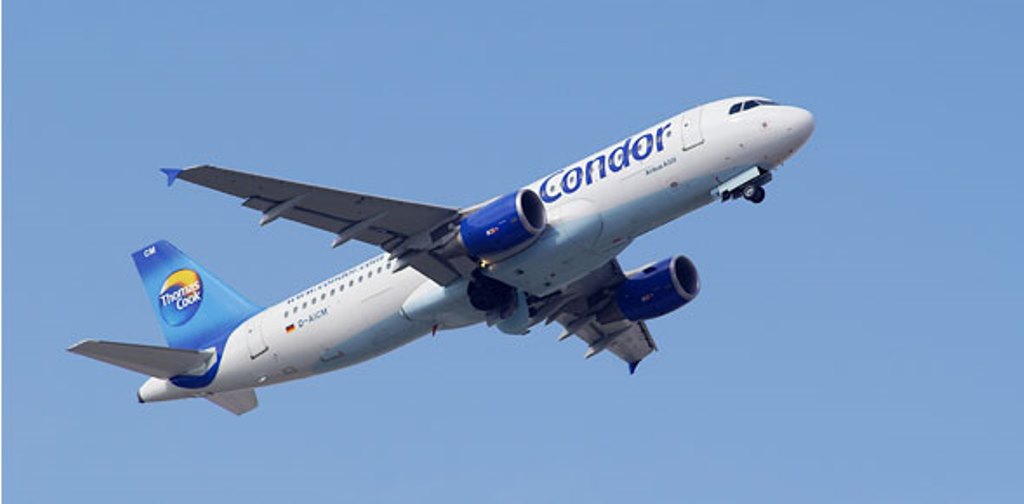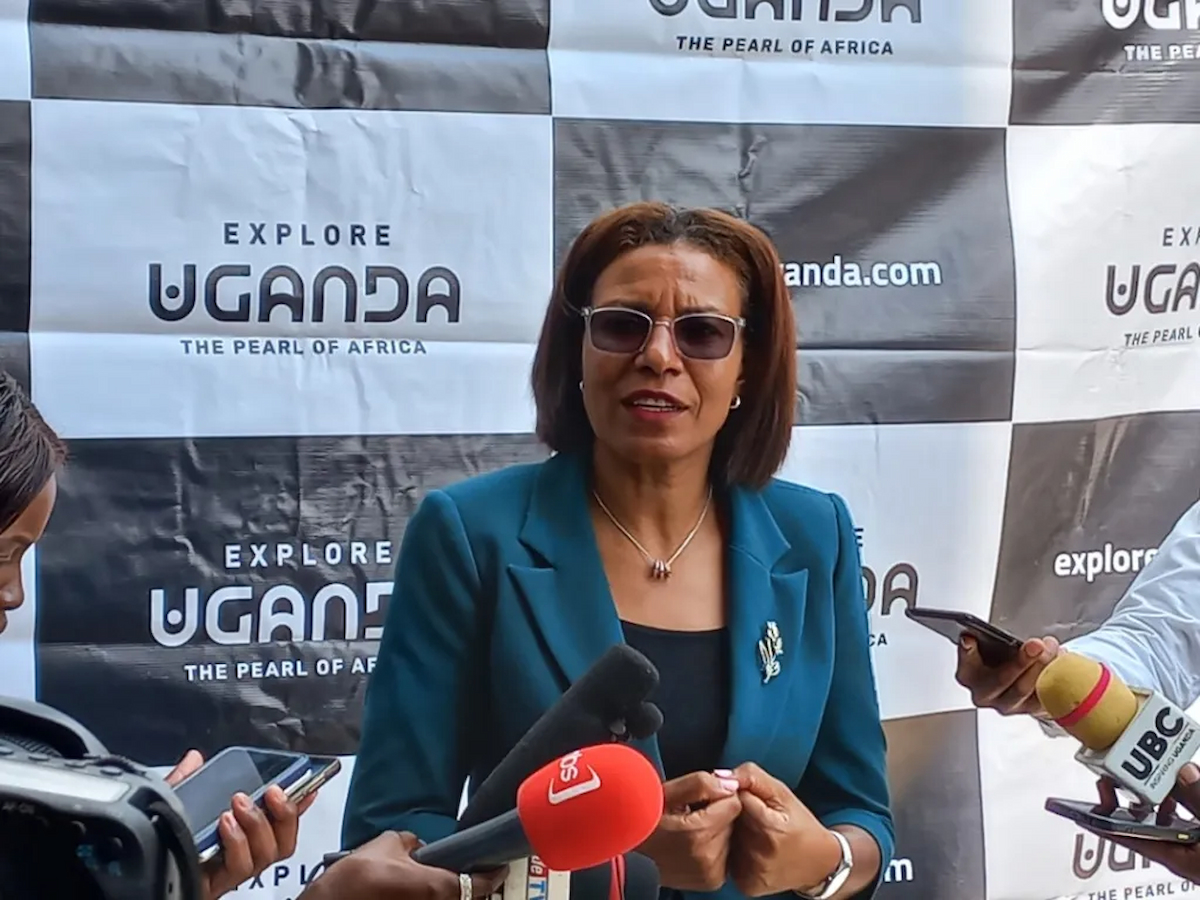Kenya Airways (KQ) is set to enhance its service to the United Kingdom, specifically London, by introducing an expanded flight schedule starting from the end of October 2023. The airline’s strategic move aims to meet the rising demand for travel on this route, offering passengers increased options for convenience and flexibility.
Beginning at the end of October, Kenya Airways will double its daily flights to London, resulting in a total of two long-haul flights per day. This significant increase will raise the weekly flights between Nairobi and London from the current ten to a total of fourteen, a development that has been warmly received by the airline’s clients.
Passengers traveling to the United Kingdom with Kenya Airways will now have the choice between a morning flight, identified as KQ 100, and an evening flight, designated as KQ 102. This expanded selection of flight times is expected to cater to diverse traveler preferences, ensuring a more tailored and convenient experience for customers.
KQ100 will be departing from Nairobi every morning, while the KQ102 aircraft will be taking off for London in the evening on a daily basis. This scheduling adjustment is poised to facilitate increased passenger movement between Kenya and the United Kingdom, aligning with Kenya Airways’ commitment to meeting the needs of its discerning passengers.
To accommodate this expanded service, Kenya Airways will deploy the state-of-the-art B787 Boeing Dreamliner on the Nairobi-London route. This aircraft selection will result in a weekly total of 14 flights, a significant increase from the current 10 flights per week.
The decision to add these extra flights highlights the airline’s dedication to addressing the growing demand for travel on this route, driven by a variety of factors, including market demand and passenger preferences.
Kenya Airways has been diligently serving passengers traveling to London for various purposes, including business, leisure, trade, and education. With the introduction of these additional flights, the airline is poised to further solidify its position as a key player in the air travel industry, providing enhanced accessibility and options for travelers between Nairobi and London.
This strategic move follows the airline’s resumption of daily flights to New York in December 2022, marking its proactive response to the evolving landscape of air travel in the wake of the challenges posed by the Coronavirus pandemic.
Source: Switch Tv

